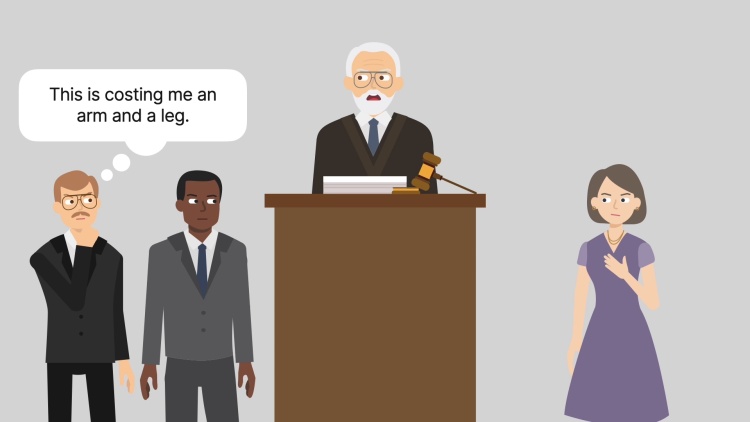United States v. Gilmore
United States Supreme Court
372 U.S. 39 (1963)

- Written by Robert Taylor, JD
Facts
Mr. Gilmore (plaintiff) owned a franchised automobile dealership. In a divorce litigation, Gilmore’s wife claimed a community-property share of Gilmore’s dealership property. The state supreme court granted the divorce but rejected the wife’s property claim. If the wife had won her claim, Gilmore might have lost his franchise and the income it produced. Under § 212 of the federal tax code, Gilmore deducted the legal costs incurred in defending his property. The commissioner of internal revenue (commissioner) (defendant) determined that all of Gilmore’s legal expenses were personal in nature. As a result, the commissioner denied Gilmore’s § 212 deduction and assessed back taxes. Gilmore paid the assessment and then sued for a refund in the United States Court of Claims, which ruled in Gilmore’s favor. The United States Supreme Court granted certiorari.
Rule of Law
Issue
Holding and Reasoning (Harlan, J.)
What to do next…
Here's why 899,000 law students have relied on our case briefs:
- Written by law professors and practitioners, not other law students. 47,000 briefs, keyed to 994 casebooks. Top-notch customer support.
- The right amount of information, includes the facts, issues, rule of law, holding and reasoning, and any concurrences and dissents.
- Access in your classes, works on your mobile and tablet. Massive library of related video lessons and high quality multiple-choice questions.
- Easy to use, uniform format for every case brief. Written in plain English, not in legalese. Our briefs summarize and simplify; they don’t just repeat the court’s language.





